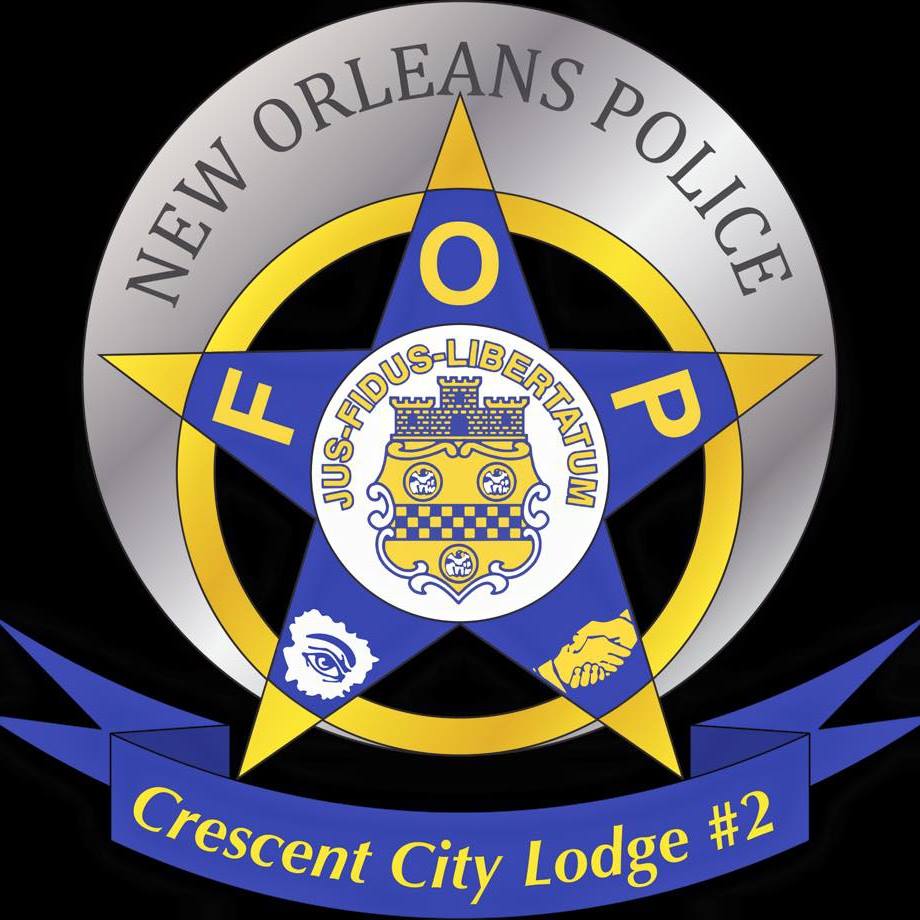
See the below two cases for important case law out of the U.S. 5th Circuit. Case summaries compiled by The Federal Law Enforcement Informer, Federal Law Enforcement Training Center (FLETC).
United States v. Monsivais, 848 F.3d 353 (5th Cir. Tex. Feb. 2, 2017)
While on patrol in a marked police car, two officers saw Monsivais walking on the side of an interstate highway away from an apparently disabled truck. The officer stopped the patrol car in front of Monsivais and activated the car’s emergency lights, planning to ask Monsivais if he needed assistance. As Monsivais approached, he ignored the officers and walked past their patrol car. At this point, the officers exited their vehicle, and asked Monsivais where he was going, where he had been and if he needed any help. Monsivais told the officers where he was going, and while he appeared to be nervous, he responded politely to all of the officers’ questions. After approximately four-minutes, one of the officers told Monsivais that he was going to pat Monsivais down for weapons “because of his behavior” and for “officer safety reasons.” Monsivais then told the officer that he had a firearm in his waistband. The officer seized the firearm and the government subsequently charged Monsivais with possession of a firearm while being unlawfully present in the United States.
Monsivais filed a motion to suppress the firearm. Monsivais argued that the officer violated the Fourth Amendment because he did not have reasonable suspicion to believe Monsivais was involved in criminal activity when he detained him.
The court agreed. First, the court determined that the officer seized Monsivais for Fourth Amendment purposes when he told Monsivais that he was going to pat him down. At this point, the officer had converted an offer for roadside assistance into an investigative detention or Terry stop.
Second, the court noted that police officers may briefly detain a person for investigative purposes if they can point to “specific and articulable facts” that give rise to reasonable suspicion that the person has committed, is committing, or is about to commit a crime.
Third, the court concluded that while Monsivais’ behavior might not have been typical of all stranded motorists, the officer could not point to any specific and articulable facts that Monsivais had committed, was committing, or was about to commit a crime before seizing him. The officer testified that he never suspected Monsivais was involved in criminal activity, but rather that Monsivais was acting “suspicious.” As a result, the court found that the officer seized Monsivais without reasonable suspicion and that the firearm seized from Monsivais should have been suppressed.
For the court’s opinion: http://cases.justia.com/federal/appellate-courts/ca5/15-10357/15-10357-2017-02-02.pdf?ts=1486081834
*****
Turner v. Driver, 848 F.3d 678 (5th Cir. Tex. Feb. 16, 2017)
In September 2015, Turner was videotaping the Fort Worth Police Station from a public sidewalk across the street from the station. During this time, Fort Worth Police Officers Grinalds and Dyess pulled up in their patrol car and approached Turner. Officer Grinalds asked Turner if he had identification, but Turner continued videotaping. When Turner asked the officers if he was being detained, Officer Grinalds told Turner that he was being detained for investigation because the officers were concerned about who was videotaping their building. After Turner refused Officer Grinalds’ continued request for identification, the officers handcuffed Turner, took his video camera, and placed Turner in their patrol car.
A short time later a supervisor, Lieutenant Driver, arrived and spoke briefly with Turner as well as Officers Grinalds and Dyess. After Lieutenant Driver left, the officers went back to their patrol car, released Turner, and returned his video camera to him.
Turner sued Lieutenant Driver and Officers Grinalds and Dyess under 42 U.S.C. § 1983 claiming that they violated his rights under the First and Fourth Amendments. The officers filed a motion to dismiss Turner’s suit, claiming they were entitled to qualified immunity.
First, the court found that at the time of the incident, in the Fifth Circuit1, there was no clearly established First Amendment right to record the police2. As a result, the court held that all three officers were entitled to qualified immunity as to Turner’s First Amendment claim.
Although the right was not clearly established at the time of Turner’s activities, the court held that going forward in the Fifth Circuit, a First Amendment right to record the police exists subject only to reasonable time, place, and manner restrictions. The court did not determine which specific time, place, and manner restrictions would be reasonable, but stated that restrictions must be “narrowly tailored to serve a significant governmental interest.”
Concerning Turner’s Fourth Amendment claims, the court held that the officers’ initial questioning and detention of Turner, before he was handcuffed and placed in the patrol car was reasonable. The court noted that an objectively reasonable person in Officer Grinalds’ or Dyess’ position could have suspected that Turner was casing the station for an attack or stalking an officer. As a result, the officers could have found Turner’s videotaping of the station sufficiently suspicious to warrant questioning and a brief detention.
However, the court held that Officers Grinalds and Dyess were not entitled to qualified immunity on Turner’s claim that handcuffing him and placing him in the officers’ patrol car amounted to an unlawful arrest. The court found that a reasonable person in Turner’s position would have understood the officers’ actions constituted a restraint on his freedom of movement to the degree associated with a formal arrest. The court commented that the officer’s actions in this regard were disproportionate to any potential threat that Turner posed or to the investigative needs of the officers. Consequently, the court concluded that handcuffing Turner and placing him in the patrol car was not reasonable under the circumstances.
Finally, the court held that Lieutenant Driver was entitled to qualified immunity as to Turner’s Fourth Amendment claims. First, under §1983, supervisors are not liable for the direct actions of their subordinates. Second, by the time Lieutenant Driver arrived, Turner had already been handcuffed and placed in the officers’ patrol car. Third, after Lieutenant Driver arrived, he immediately investigated the situation by talking with Officers Grinalds and Dyess as well as Turner, and he then promptly ordered Turner’s release.
1 The First and Eleventh Circuits have held that the First Amendment protects the rights of individuals to videotape police officers performing their duties.
2 While no circuit has held that the First Amendment does not extend to the video recording of police activity, the Third, Fourth and Tenth Circuits have held that the law in their circuits is not clearly established, without specifically determining whether such a right exists under the First Amendment.
For the court’s opinion: http://cases.justia.com/federal/appellate-courts/ca5/16-10312/16-10312-2017-02-16.pdf?ts=1487291433








